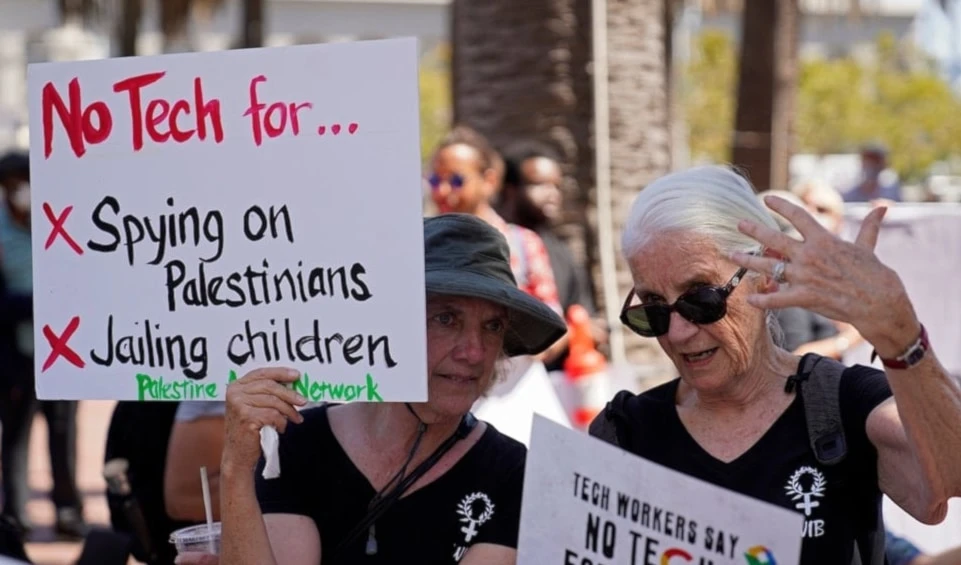China draft law to require 'security assessment' for new AI products
China says a security assessment shall be applied for generative AI products through national internet regulatory departments before released to the public.
-

A smartphone with a displayed ChatGPT logo is placed on a computer motherboard in this illustration taken on February 23, 2023 (Reuters)
All new artificial intelligence (AI) products developed in China will be required to undergo a "security assessment" before being released to the public, a sweeping new draft law by the country's internet regulator showed Tuesday.
"Before providing services to the public that use generative AI products, a security assessment shall be applied for through national internet regulatory departments," the draft law, released by the Cyberspace Administration of China, reads.
The draft law -- dubbed "Administrative Measures for Generative Artificial Intelligence Services" -- aims to ensure "the healthy development and standardized application of generative AI technology," it read.
AI-generated content, it continued, must "reflect core socialist values, and must not contain content on subversion of state power."
It must also not contain, among other things, "terrorist or extremist propaganda," "ethnic hatred", or "other content that may disrupt economic and social order."
The Cyberspace Administration of China said it was seeking public input on the contents of the new regulations, which are almost certain to become law.
Rapid advancements in AI have raised global alarm over the technology's potential for disinformation and misuse, with deepfake images and people shown mouthing things they never said.
Beijing in January enforced new rules that would require businesses offering deepfake services to obtain the real identities of their users. They also require deepfake content to be appropriately tagged to avoid "any confusion".
The Chinese government has also warned that deepfakes present a "danger to national security and social stability."
China has announced ambitious plans to become a global leader in the field of AI by 2030, and consultancy group McKinsey estimates the sector could add about $600 billion every year to China's gross domestic product by then.
Read more: China's Minister of Commerce slams Australia after banning TikTok

 2 Min Read
2 Min Read










